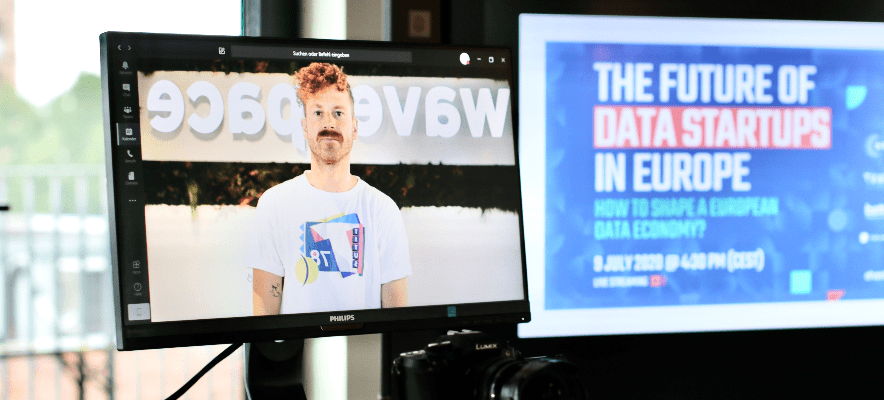Social competence beats professional competence
10. January 2018
The working world is changing, as are the demands of employees. The companies have now understood this and are attracting specialists with a (supposedly) open corporate culture. The promise: Flat hierarchies and teamwork, flexibility, high degrees of freedom, working in a familiar atmosphere. Unfortunately, these values often take a back seat when it comes to success and sales.
Success vs. Teamwork
Thomas Tuchel is an example from sport. The former coach of Borussia Dortmund has coached his team very successfully over the past two years, achieved direct Champions League qualification and even won the DFB Cup in the end. Nevertheless, after this success, Tuchel’s end came. The BVB leadership separated from the coach because of various difficulties in cooperation, in the management team itself, but also in dealing with the players. The results were good, but the teamwork didn’t work.
Now football is a business in which only sporting success counts. Who wins the cup? Who is at the top of the table at the end of the season? These are the crucial questions. There is no award for the most empathic or motivating trainer. Nevertheless, BVB managing director Watzke has placed the interpersonal and team spirit above success. And thus caused a lot of head-shaking in the industry and among the fans, but probably did the team a great service.
Incentives for socially responsible behaviour? No chance.
Conflicts of this kind also arise in the company on a daily basis. And here too, the economic success is usually the most important yardstick in the end. Even though companies attach great importance to values such as teamwork, openness and a culture of feedback, the reality in the company is usually different: Whoever wins mandates and customers is promoted. Violations of corporate values are tolerated as long as the performance is good. Incentives for socially responsible behaviour? No chance.
But that is wrong, short-term thinking. Today, more than ever before, success is achieved by the best team, not by the best lone fighter. In times of digitization and globalisation and generally increasing complexity, it is becoming increasingly important to develop solutions in interdisciplinary teams and to look at tasks from very different perspectives. There’s no room for elbow-thinking and alpha-minded people here.
A bad team and corporate culture is also poisonous from a business point of view. At the latest when highly qualified employees take flight, it becomes apparent how much damage such a working atmosphere can cause – often only caused by individual persons. Conversely, employees who are satisfied with their environment are more motivated and more willing to perform, the fluctuation decreases, as well as the costs for the labor-intensive search for personnel.
Values must be lived and demanded
For this reason, companies – if their values and models are not just to remain hollow phrases – should make these so-called “soft” factors just as much a part of employee evaluations as sales and profits. After all, you cannot expect values to be lived out if you disregard them yourself and if you do not ensure that they are observed. This includes that violations of corporate values are not without consequences and that one is willing to put corporate culture above short-term success. Because in the long term, the team beats the individual player, social competence is more important than pure professional competence.
This is also evident in football. It is not for nothing that the German national team is also called “Die Mannschaft” (the team) abroad. It wasn’t the football stars, but a functioning team that held the World Cup trophy in their hands at the end. A principle of success that will hopefully also prevail in the economy.





* Required field